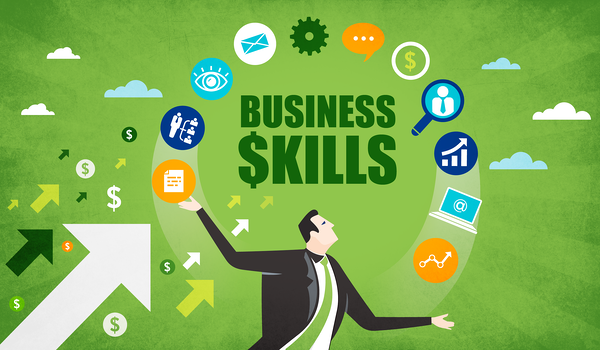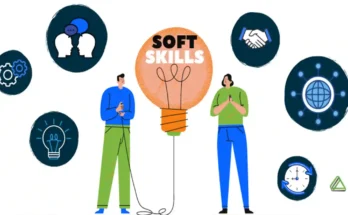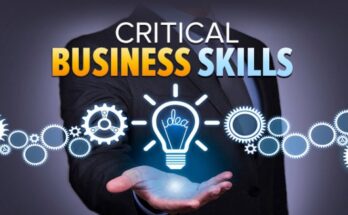In the modern business world, possessing a diverse array of business skills is not just advantageous—it’s essential. These skills, ranging from effective communication and adept leadership to analytical prowess and strategic decision-making, form the bedrock of success for individuals and organizations alike. As the global economy continues to evolve at a rapid pace, the ability to navigate complexities and seize opportunities hinges largely on one’s proficiency in these critical competencies.
Business skills are not merely a bonus; they are the currency of success in today’s professional realm. Whether you’re aiming to climb the corporate ladder, launch your own entrepreneurial venture, or simply excel in your current role, honing these skills can make all the difference. They are the tools that empower professionals to articulate ideas persuasively, steer teams toward common goals, decipher complex data sets, and resolve intricate challenges.
Moreover, in an era defined by technological innovation and digital transformation, the importance of business skills has never been more pronounced. As automation and artificial intelligence reshape industries and redefine job roles, individuals armed with strong business acumen are better equipped to adapt and thrive in this evolving landscape. They possess the flexibility to embrace change, the acumen to leverage new technologies, and the foresight to capitalize on emerging trends.
Beyond the confines of the corporate world, business skills have a profound impact on personal growth and development. They foster a mindset of continuous improvement, encouraging individuals to seek out new challenges, expand their horizons, and push beyond their comfort zones. They instill confidence, resilience, and a strategic mindset that extends far beyond the boardroom, permeating every aspect of one’s life.

In essence, business skills are the cornerstone of success in the 21st century. They are not just skills; they are enablers of progress, catalysts for innovation, and keys to unlocking a world of opportunities. As the business landscape continues to evolve, those who invest in developing and refining these skills will not only survive but thrive, charting a course toward a future defined by success and fulfilment.
“The most successful businessman is the one who holds onto the old just as long as it is good, and grabs the new just as soon as it is better.” – Robert P. Vanderpoel
Essential Business Skills
Communication Skills
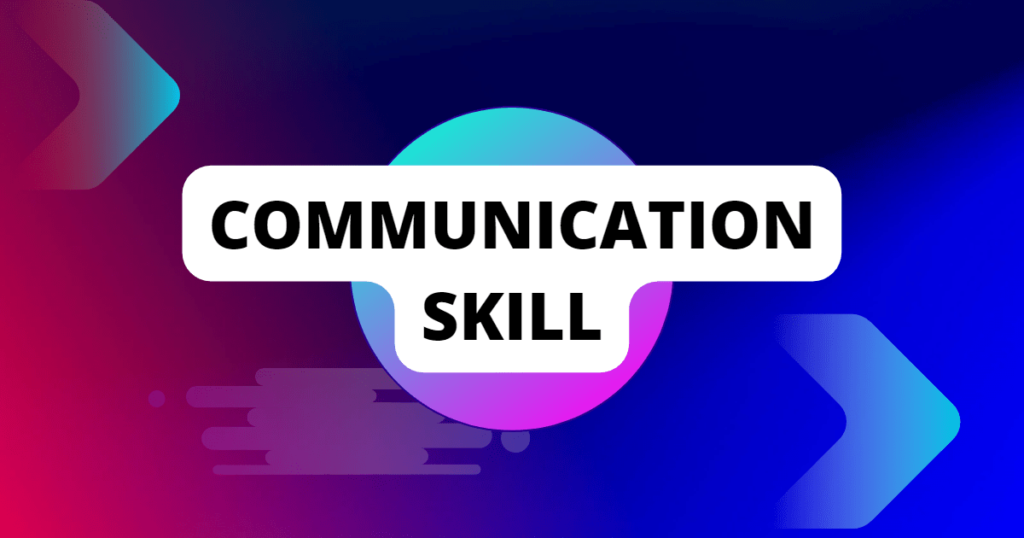
Effective communication is at the core of all business interactions. Whether it’s conveying ideas to colleagues, negotiating with clients, or presenting to stakeholders, the ability to communicate clearly and persuasively is key. Strong communication skills also facilitate effective teamwork and collaboration, fostering a positive work environment.
Leadership Skills
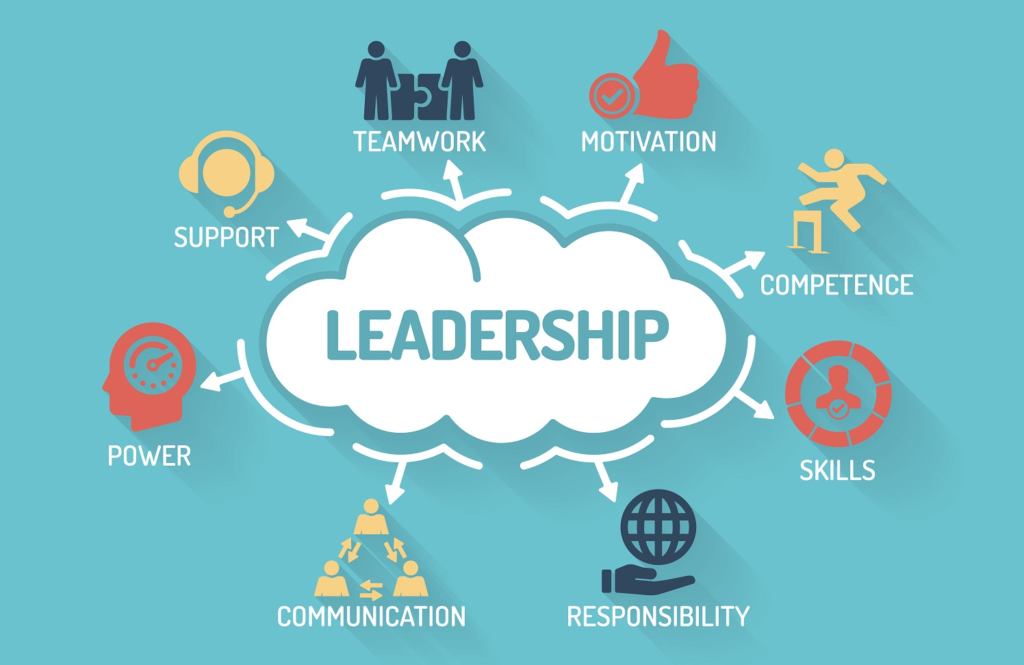
Leadership skills are vital for guiding teams toward common goals and inspiring others to perform at their best. Effective leaders possess qualities such as vision, empathy, and the ability to make tough decisions. By cultivating these skills, individuals can drive organizational success and motivate others to achieve excellence.
Analytical Skills
Analytical skills involve the ability to gather, interpret, and evaluate data to make informed decisions. In today’s data-driven business world, these skills are invaluable for identifying trends, predicting outcomes, and optimizing processes. Strong analytical skills enable individuals to solve complex problems and drive innovation within their organizations.
Problem-Solving Skills
Problem-solving skills are essential for overcoming challenges and obstacles in the business world. Individuals with strong problem-solving abilities can identify issues, analyze root causes, and develop effective solutions. These skills are crucial for maintaining productivity, improving efficiency, and driving continuous improvement.
Decision-Making Skills
Effective decision-making is a critical business skill that involves assessing options, considering consequences, and choosing the best course of action. Good decision-makers are able to weigh the pros and cons of each choice and make sound judgments based on available information. Strong decision-making skills are essential for leadership roles and can lead to better outcomes for organizations.
Time Management Skills
Time management skills are essential for maximizing productivity and achieving goals. Individuals who excel in this area can prioritize tasks, set realistic deadlines, and avoid procrastination. By effectively managing their time, professionals can reduce stress, improve work-life balance, and enhance their overall performance.
Adaptability and Flexibility
In today’s fast-paced business environment, adaptability and flexibility are crucial skills. The ability to adapt to change, whether it’s a new technology, market trend, or organizational structure, is essential for staying relevant and competitive. Flexible individuals can adjust their approach as needed, embrace new challenges, and thrive in dynamic work environments.
Benefits of Business Skills
Career Advancement Opportunities
One of the key benefits of possessing strong business skills is the ability to advance in one’s career. Employers value individuals who can communicate effectively, lead teams, and solve complex problems. By demonstrating these skills, professionals can open up new opportunities for growth and advancement within their organizations.
Entrepreneurial Success
For aspiring entrepreneurs, business skills are essential for launching and growing a successful venture. From developing a business plan to managing finances and marketing products or services, a strong foundation in business skills is crucial for navigating the challenges of entrepreneurship. By honing these skills, individuals can increase their chances of building a thriving business.
Effective Collaboration
Business skills are essential for fostering effective collaboration within teams and across departments. Individuals who excel in communication, leadership, and teamwork can facilitate productive interactions and drive collective success. By cultivating these skills, professionals can create a positive and collaborative work environment that benefits everyone involved.
Personal Development and Growth
Beyond the professional benefits, acquiring and developing business skills can lead to personal growth and development. These skills can improve self-confidence, enhance problem-solving abilities, and broaden perspectives. By investing in their personal development, individuals can become more well-rounded and adaptable professionals.
Increased Productivity and Efficiency
Business skills are essential for maximizing productivity and efficiency in the workplace. Individuals who possess strong time management, decision-making, and problem-solving skills can accomplish more in less time. This not only benefits the individual but also contributes to the overall success of the organization.
Also Read: What are the Practical Skills for Effective Communication?
Developing Business Skills
Formal Education and Training
One of the most common ways to develop business skills is through formal education and training. Universities, colleges, and professional organizations offer a wide range of courses and programs that can help individuals enhance their business acumen. These programs often cover topics such as communication, leadership, finance, and marketing, providing a comprehensive foundation for success.
On-the-Job Learning
Another effective way to develop business skills is through on-the-job learning. By actively seeking out new challenges and opportunities for growth, individuals can enhance their skills and expand their knowledge base. Mentoring and coaching programs can also be valuable resources for developing business skills, providing guidance and support from experienced professionals.
Networking and Mentorship
Networking and mentorship are invaluable for developing business skills. By connecting with industry professionals and experienced mentors, individuals can gain insights, advice, and guidance that can help them grow professionally. Networking events, conferences, and professional organizations can provide opportunities to meet and learn from others in the field.
Conclusion
In conclusion, the importance of business skills in today’s world cannot be overstated. These skills are not just desirable; they are essential for navigating the complexities of the modern business landscape. Whether you’re a seasoned professional, an aspiring entrepreneur, or a recent graduate entering the workforce, honing these skills can set you on a path to success.
Business skills empower individuals to communicate effectively, lead with confidence, solve problems creatively, and make informed decisions. They are the building blocks of a successful career and a thriving business. In an increasingly competitive global economy, possessing these skills can give you a distinct advantage, opening up new opportunities for growth and advancement.
Moreover, business skills are not just beneficial in the professional realm; they also contribute to personal growth and development. They foster a mindset of continuous learning and improvement, encouraging individuals to push beyond their limits and achieve their full potential. By investing in developing these skills, you not only enhance your professional prospects but also enrich your life in meaningful ways.
As we look to the future, the need for strong business skills will only continue to grow. With rapid technological advancements and shifting market dynamics, the ability to adapt, innovate, and lead will be more critical than ever. By embracing the importance of business skills and committing to their development, you can position yourself for success in the ever-changing world of business.
FAQ
Q: What are the most important business skills to have?
The most important business skills to have include communication, leadership, analytical thinking, problem-solving, decision-making, time management, and adaptability.
Q: How can I improve my business skills?
You can improve your business skills through formal education and training, on-the-job learning, networking, and mentorship.
Q: Why are business skills important in the workplace?
Business skills are important in the workplace because they enable individuals to communicate effectively, lead teams, solve problems, make informed decisions, manage time efficiently, and adapt to change.
Q: Can business skills be learned?
Yes, business skills can be learned through education, training, and practice. By actively seeking opportunities to develop these skills, individuals can improve their proficiency over time.
Q: How do business skills contribute to personal development?
Business skills contribute to personal development by enhancing self-confidence, improving problem-solving abilities, and fostering a mindset of continuous learning and improvement.

